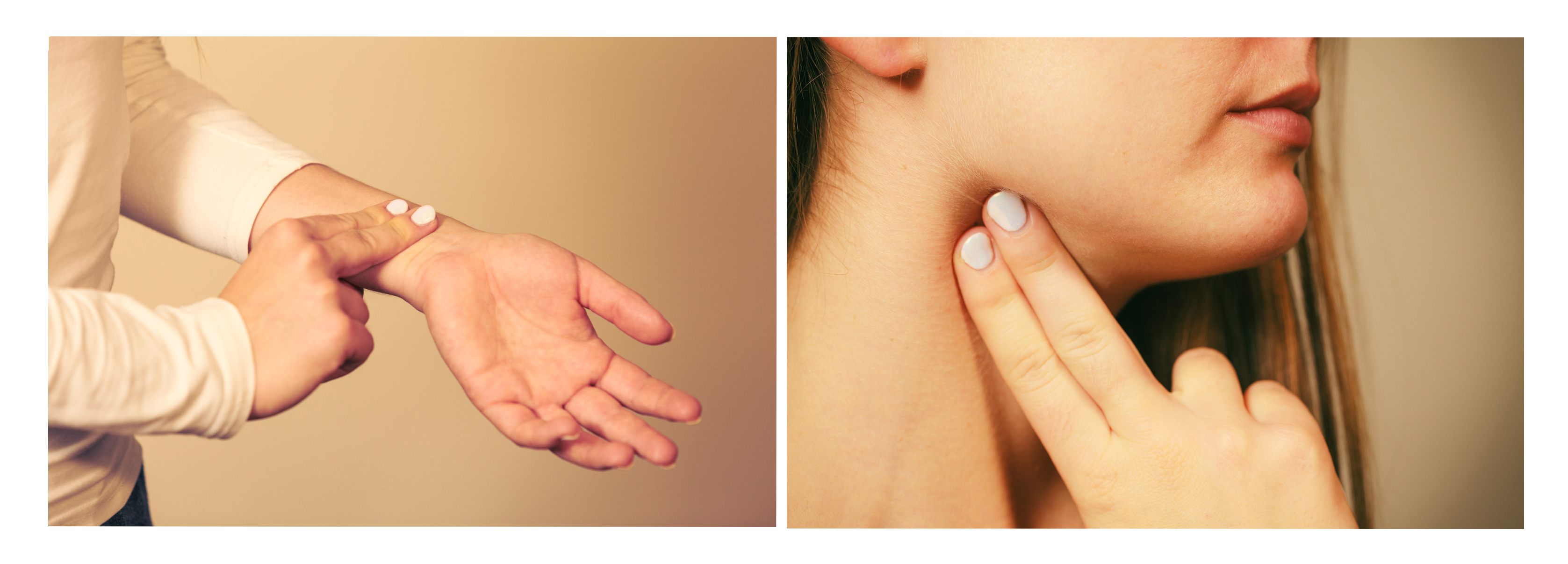
What Your Resting Heart Rate Is Telling You
Tracking your heart rate is an easy way to monitor your cardiovascular health. Tracking your heart rate over time can give you valuable insight into whether your heart health is improving or declining and if you need to adjust your activity levels.
What Is A Resting Heart Rate?
Your resting heart rate (RHR) is measured by how many beats your heart takes per minute while in a resting state, such as sitting or laying down. The higher the number of beats per minute, the harder your heart has to work to supply blood to the organs and muscles in your body.
Why Is My Resting Heart Rate Important?
If your resting RHR is too high, you are at an increased risk for cardiovascular disease, heart attacks, and strokes. In addition, completing daily tasks can be more difficult than it needs to be and you may find yourself with a “racing” heart beat or “out of breath” with tasks such as walking briskly or climbing stairs.
What Is A Normal Resting Heart Rate?
An average RHR for an adult is between 60 and 100 beats per minute.
How Do I Calculate My Resting Heart Rate?
If your have a smart watch, check to see if it has a heart rate setting. Many smartwatches have the ability to keep track of your heart rate and will track and display your RHR.
If you do not have a smart watch, find you can find your pulse by placing 2 fingers on your wrist, in line with your thumb or by placing 2 fingers on your neck, just below your ear. Watch a clock for 15 seconds while counting how many times you feel your pulse beat. Take this number and multiply it by 4.

Factors That Affect Resting Heart Rate
There are some factors that can affect your heart rate including:
• Diet: Diet plays a large role in how hard our heart has to work to pump blood. Some food and drinks such as coffee and foods high in sugar can cause a spike in your resting heart rate.
• Exercise: Athletes and those who work out regularly will typically have a lower resting heart rate.
• Hydration: Being dehydrated can cause your heart to have to work harder in order to pump blood to the rest of your body.
• Mood: Your mood can also affect your heart rate, feeling anxious or extremely happy can also raise your resting heart rate.
How Do I Improve My Resting Heart Rate?
If your heart rate is above 100 beats per minute, your heart is having to work too hard to pump blood to your body when you are at rest. You can remedy this by improving your cardiovascular health through exercise such as: walking, jogging, running, swimming, or biking and lifestyle changes (such as stopping smoking).
If you do not exercise regularly, you should check with your physician to ensure it is safe for you to exercise prior to starting a new exercise routine.
How Can A Physical Therapist Help?
Physical therapists are trained to monitor your heart’s response to exercise, design exercise routines, and adjust exercises to meet your current fitness level or mobility restrictions. Physical therapists can also teach you how to optimize your work-outs to improve your cardiovascular health.
If you have a high resting heart rate accompanied by difficulty with breathing during walking or stair climbing, or if you have restrictions to mobility that limit your ability to exercise consider making an appointment with one of our skilled physical therapists to design a customized wellness program. Therapydia Kona offers a wellness assessment that can give us further insight into your mobility, body composition and strength and how we can incorporate that into a program that will keep you active and injury free.